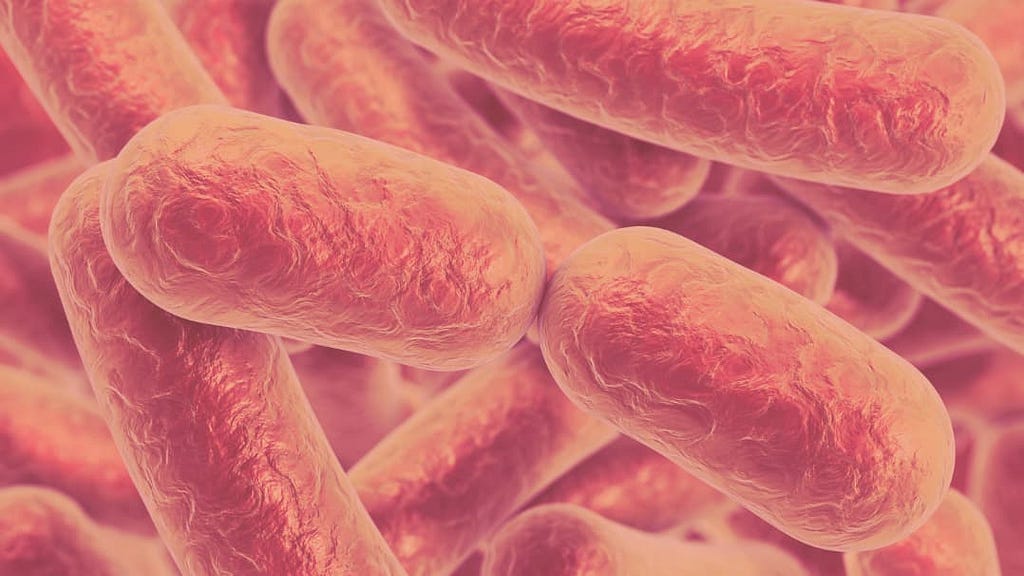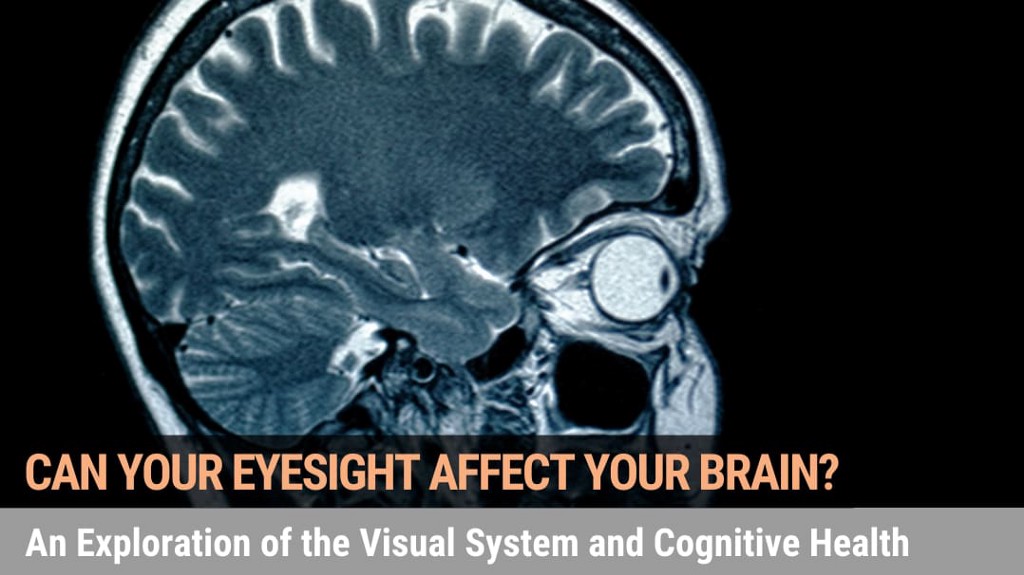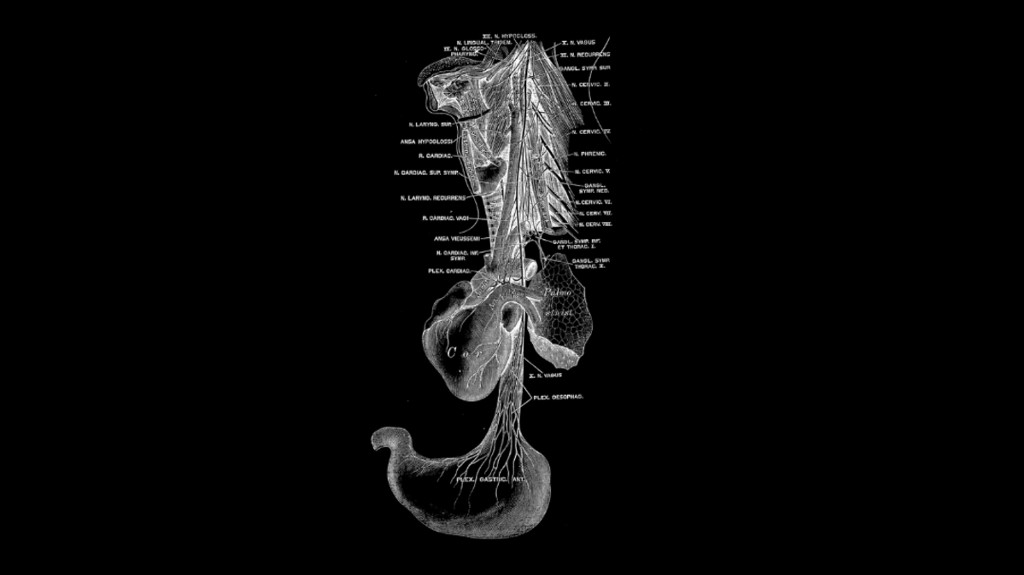
By: The Posts Author | Posted on: 8 Feb 24
What is Akkermansia Good For?Akkermansia muciniphila (A. muciniphila) is a bacterial species that inhabits the human gut. A. muciniphila lives in the mucus layer that covers the intestinal wall, where it specializes in degrading mucus and using it as its energy source, helping to stimulate mucus turnover, which is essential for gut health.A. muciniphila has key roles in maintaining the integrity of the intestinal barrier, supporting a healthy gut microbiota composition, modulating immune responses, influencing metabolic pathways, and promoting healthy aging. In virtue of its many benefits to human physiology and its roles in supporting human health and the gut microbiota, A.
What is Akkermansia Good For?Akkermansia muciniphila (A. muciniphila) is a bacterial species that inhabits the human gut. A. muciniphila lives in the mucus layer that covers the intestinal wall, where it specializes in degrading mucus and using it as its energy source, helping to stimulate mucus turnover, which is essential for gut health.A. muciniphila has key roles in maintaining the integrity of

By: The Posts Author | Posted on: 27 Jan 24
Can Paced Breathing Really Help You Sleep Better?As scientists, medical practitioners, biohackers, and health-conscious creators we are deeply passionate about the latest studies and techniques to help optimize the quality of your life. When we find research that excites us we love sharing it with you. Check out t his study showing how paced breathing enhances vagal activity and improves sleep quality.Key TakeawaysPaced breathing exercises can improve sleep qualityBreathing exercises modulate autonomic function and promote relaxationBreathing exercises at 6 bpm were more successful than breathing exercises at 12 bpmHow Slow, Paced Breathing Improves Sleep QualityPoor sleep is an increasingly common consequence of modern lifestyle patterns.
Can Paced Breathing Really Help You Sleep Better?As scientists, medical practitioners, biohackers, and health-conscious creators we are deeply passionate about the latest studies and techniques to help optimize the quality of your life. When we find research that excites us we love sharing it with you. Check out t his study showing how paced breathing enhances vagal activity and improves sleep quality.Key

By: The Posts Author | Posted on: 28 Dec 23
Cellular senescence is a physiological process through which, in response to stress, cells stop dividing but don’t die. Some senescent cells linger indefinitely in tissues by upregulating pro-survival mechanisms called senescent cell anti-apoptotic pathways (SCAPs) and downregulating pro-apoptotic pathways [1–3]. Accumulation of lingering senescent cells occurs with aging and can impair tissue function [4]. This connection to unhealthy aging occurs in part because senescent cells produce chemical mediators, collectively known as senescence-associated secretory profile (SASP), that may disrupt tissue function and immune responses and affect health [5,6].Maintaining balanced senescence is important because, although senescent cells can have undesirable actions, cellular senescence
Cellular senescence is a physiological process through which, in response to stress, cells stop dividing but don’t die. Some senescent cells linger indefinitely in tissues by upregulating pro-survival mechanisms called senescent cell anti-apoptotic pathways (SCAPs) and downregulating pro-apoptotic pathways [1–3]. Accumulation of lingering senescent cells occurs with aging and can impair tissue function [4]. This connection to unhealthy aging occurs

By: The Posts Author | Posted on: 28 Mar 22
“That which does not kill us, makes us stronger.” It turns out Nietzsche was right, at least when it comes to our adaptive stress response. Our bodies thrive on short-term acute “stress” exposure by ramping up growth and repair. This process, known as hormesis, may have powerful health and longevity benefits.*What is Hormesis?In the fields of biology and medicine, hormesis is defined as an adaptive response of cells and organisms to a moderate (usually intermittent) stress. Low levels of controlled stress stimulate or upregulate existing cellular and molecular pathways, improving the adaptive capacity of cells and organisms to withstand greater stress.Let’s
“That which does not kill us, makes us stronger.” It turns out Nietzsche was right, at least when it comes to our adaptive stress response. Our bodies thrive on short-term acute “stress” exposure by ramping up growth and repair. This process, known as hormesis, may have powerful health and longevity benefits.*What is Hormesis?In the fields of biology and medicine, hormesis

By: The Posts Author | Posted on: 28 Feb 22
Scientists have long suspected that the relative abundance of specific nutrients affects cognitive processes and emotions. Research now confirms influences of dietary factors on brain function, synaptic plasticity, and mental function.Your brain is always “on.” It regulates your thoughts, movements, breathing and heartbeat — it works hard 24/7, even while you’re asleep. This means your brain requires a constant supply of fuel. That “fuel” comes from the foods you eat and what’s in that fuel makes all the difference. What you eat directly affects the structure and function of your brain.Your brain functions best when it’s given premium fuel. Adequate nutrition is necessary
Scientists have long suspected that the relative abundance of specific nutrients affects cognitive processes and emotions. Research now confirms influences of dietary factors on brain function, synaptic plasticity, and mental function.Your brain is always “on.” It regulates your thoughts, movements, breathing and heartbeat — it works hard 24/7, even while you’re asleep. This means your brain requires a constant supply of fuel.

By: The Posts Author | Posted on: 17 Nov 21
As Neurohackers we are very interested in the science surrounding cold therapy as a tool to optimize health. In fact, if you asked around you’d quickly learn that cold therapy is a method used by many on the Neurohacker team.Cold therapy is linked to a number of health benefits. For example, scientists have found evidence that exposure to cold boosts mitochondrial health. Another benefit of utilizing cold therapy is that it reduces inflammation. Furthermore, cold therapy is also linked to improved sleep quality, increased focus, and even an optimized immune response.Here’s the best part: getting started with cold therapy is
As Neurohackers we are very interested in the science surrounding cold therapy as a tool to optimize health. In fact, if you asked around you’d quickly learn that cold therapy is a method used by many on the Neurohacker team.Cold therapy is linked to a number of health benefits. For example, scientists have found evidence that exposure to cold boosts

By: The Posts Author | Posted on: 11 Nov 21
Can Your Eyesight Affect Your Brain?The visual system, which controls eyesight, is the largest system in the brain and can directly affect many functions of thinking, memory and cognition. We acquire information about our environment through our senses and vision plays one of the most important roles in cognition. The visual pathways of the human brain start in the retina and carry sensory information to the primary visual cortex, where it starts being processed, and then to other areas of the cerebral cortex, where complex processing and association take place.Visual processing takes up a very large fraction of the human brain-around 27%
Can Your Eyesight Affect Your Brain?The visual system, which controls eyesight, is the largest system in the brain and can directly affect many functions of thinking, memory and cognition. We acquire information about our environment through our senses and vision plays one of the most important roles in cognition. The visual pathways of the human brain start in the retina and

By: The Posts Author | Posted on: 13 Oct 21
The vagus nerve could be likened to the queen of the parasympathetic nervous system — a.k.a. the “rest and digest” — so the more we can do things that “stimulate” or activate it, like deep breathing, the more we offset the effects of the sympathetic nervous system and reduce cortisol levels.Ideally, within your autonomic nervous system, the tug of war between these two opposing mechanisms creates a “yin-yang” type of harmony marked by homeostatic balance.Unfortunately, the hectic paced, digital age we find ourselves living in causes our evolutionary biology to short-circuit by throwing our individual and collective nervous systems out of balance.It’s for this reason that
The vagus nerve could be likened to the queen of the parasympathetic nervous system — a.k.a. the “rest and digest” — so the more we can do things that “stimulate” or activate it, like deep breathing, the more we offset the effects of the sympathetic nervous system and reduce cortisol levels.Ideally, within your autonomic nervous system, the tug of war between these two opposing mechanisms

By: The Posts Author | Posted on: 12 Oct 21
IsYour Screen Time Behavior is Impacting Your Vision? 10 Clues.“My eyes are always tired” …”My eyes hurt” …”I’m having a hard time focusing” …”My eyes feel dry and irritated” …”Things look blurry”High amounts of screen time cause the body to give us vision- and quite often posture-related feedback clues. It can also impact thinking and mood. Let’s focus on the visual system, because clues in this area are (1) a common type of feedback, and (2) an indication of visual system stress. Postural complaints, like neck stiffness and back aches, are partly to mostly a result of ergonomics, or postural discomfort, while looking at screens rather
IsYour Screen Time Behavior is Impacting Your Vision? 10 Clues.“My eyes are always tired” …”My eyes hurt” …”I’m having a hard time focusing” …”My eyes feel dry and irritated” …”Things look blurry”High amounts of screen time cause the body to give us vision- and quite often posture-related feedback clues. It can also impact thinking and mood. Let’s focus on the visual system, because clues in this







